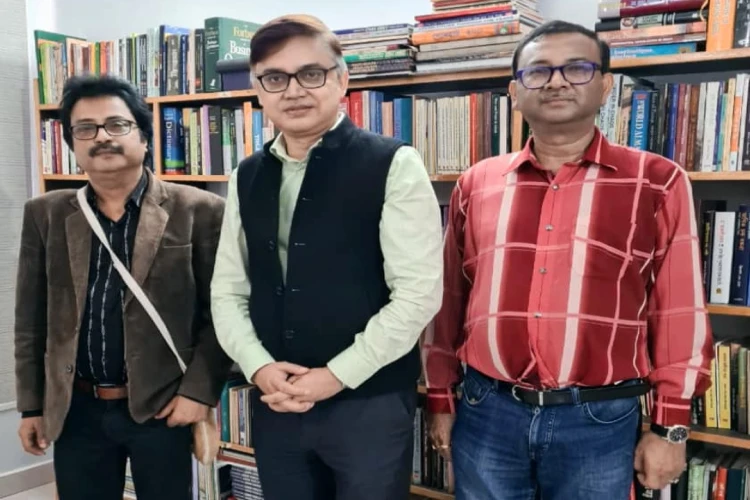
Imtiaz Ahmed / Munni Begum/ Guwahati
Assamese Muslims have welcomed the Assam Cabinet decision to recognize Goriya, Moriya, Syed, Deshi, and Julha as indigenous Assamese Muslims and described it as the first step towards empowerment of the community and bringing them at par with the rest of the indigenous communities of the state.
Terming it a “historic initiative” most of the important Muslims that Awaz-the Voice talked to, hoped that it would minimize the harassment faced by the Assamese Muslims as regards voting rights, mistaken identity, detention by Foreigners' tribunals, etc.
The Himanta Biswa Sarma Cabinet took the decision last evening based on reports submitted by seven sub-committees constituted by the government in April this year. The government had constituted the sub-committees following a discussion with elite Muslim leaders of Assam in July last year. The panels were constituted to study the cultural identities, socio-economic status, healthcare, population pattern, demography, women empowerment, and various other sectors vis-à-vis the five sects.
Some of the leading Assamese Muslim leaders expressed their views as:
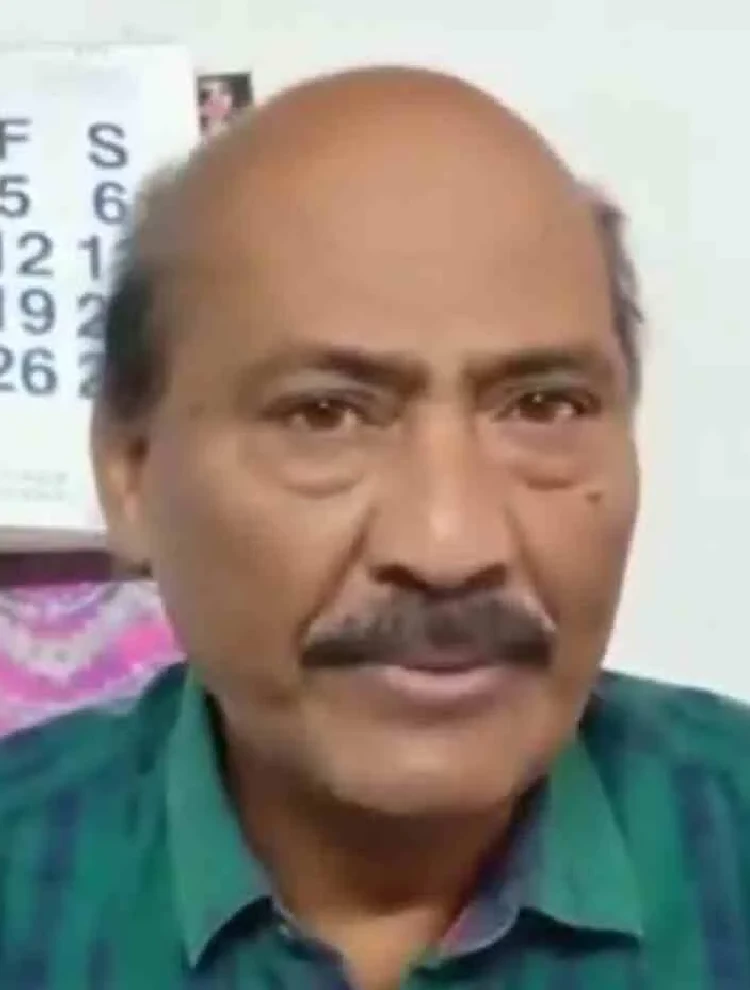 Nekibur Zaman (Advocate): This initiative shows Chief Minister Himant Biswa Sarma’s concern for the indigenous people of the state. I am sure this is going to bail out the indigenous Muslims of the various unwarranted harassment. There are Assamese Muslims who are marked as D voters or their names missing from the National Register of Citizens or are sent to detention camps. Luminaries like Syed Abdul Malik were served with a foreigners tribunal notice, thanks to then ADGP and present DGP Bhaskar Jyoti Mahanta’s interference that a great personality like him was not sent to a detention camp.
Nekibur Zaman (Advocate): This initiative shows Chief Minister Himant Biswa Sarma’s concern for the indigenous people of the state. I am sure this is going to bail out the indigenous Muslims of the various unwarranted harassment. There are Assamese Muslims who are marked as D voters or their names missing from the National Register of Citizens or are sent to detention camps. Luminaries like Syed Abdul Malik were served with a foreigners tribunal notice, thanks to then ADGP and present DGP Bhaskar Jyoti Mahanta’s interference that a great personality like him was not sent to a detention camp.
Assamese Muslims have been part of the greater Assamese society and have always been associated with the Asam Sahitya Sabha, All Assam Students’ Union, Asom Jatiyatabadi Yuba Chatra Parishad, etc. Among the 1.22 crore Muslims in Assam, the Assamese Muslims who are mostly converted or had migrated to the state before 1206 AD, have a population of hardly 44 lakh making us a microscopic minority under the provisions of the Indian Constitution. Since these Muslims, who have their legacy in the state, dwell in a scattered manner across the state, they don’t enjoy political representation and, thus, are deprived of the benefits meant for the minorities. The Muslims of East Bengal origin constitute a major chunk of the state’s Muslim population and they often elect their representatives numbering up to 29 to the state assembly. Over the past 70 years, they manage to derive government benefits for minorities and distribute those among their electors. There were instances when those public representatives even refused to work for the welfare of the Goriyas or Deshis. Thus, this was a long-standing demand of the Assamese Muslims that they should be classified according to their legacy and culture.
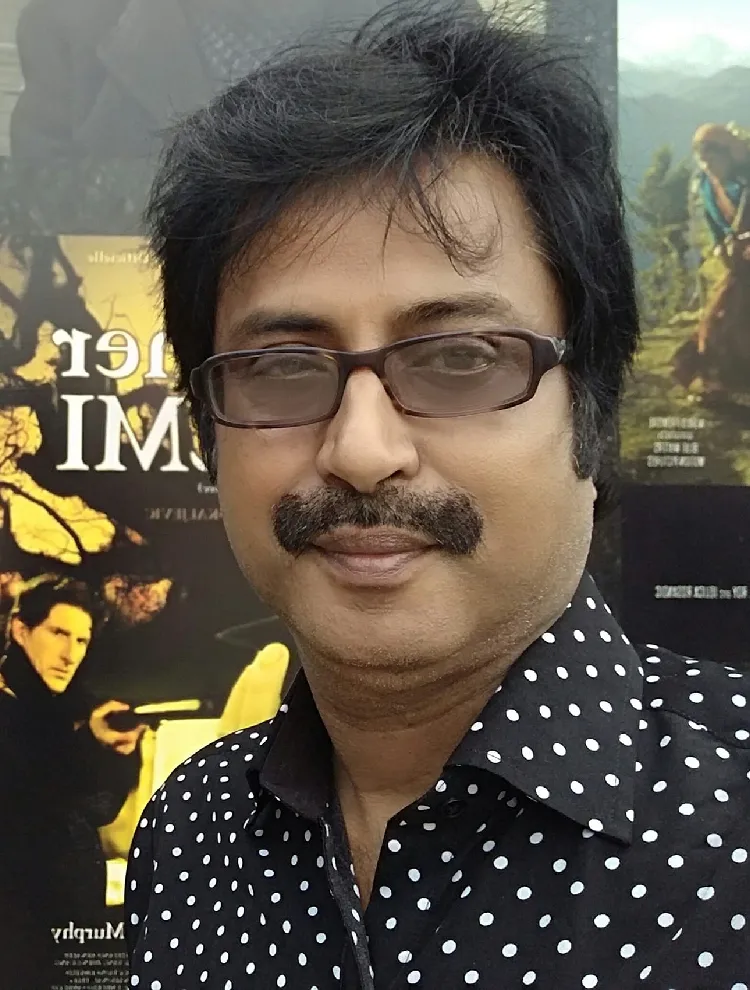 Imran Hussain (Writer): There is no denying that these five communities are indigenous. But, this development is an official seal on their identity and it is the beginning of a big process. This will entitle people of these communities to enjoy benefits meant for indigenous people equally with other indigenous communities of the state. I hope all necessary steps will be taken in due course of time.
Imran Hussain (Writer): There is no denying that these five communities are indigenous. But, this development is an official seal on their identity and it is the beginning of a big process. This will entitle people of these communities to enjoy benefits meant for indigenous people equally with other indigenous communities of the state. I hope all necessary steps will be taken in due course of time.
The pan-Islamic names and surnames have created an ambiguity in the identity of indigenous Muslims of Assam leading to various confusions. For instance, the people of Upper Assam are mostly not aware of the existence of the Deshis of Lower Assam because of the dialect they speak which is similar to the Koch Rajbongshis. They are often assumed to be Bengali-speaking Muslims in those parts of the state. This recognition will enlighten the people about the cult. The name confusion also leads to some of these people being marked as D voters, or their names are excluded from the NRC. Some of them are even languishing in detention camps. I hope these issues will be sorted out now.
I would also like to clarify that this is not caste classification, because Islam does not have any caste system. This is a purely cultural classification for the identity of these five communities. I am also hopeful that in the future the word Muslim will be removed from this classification. These five communities will be counted as indigenous Assamese.
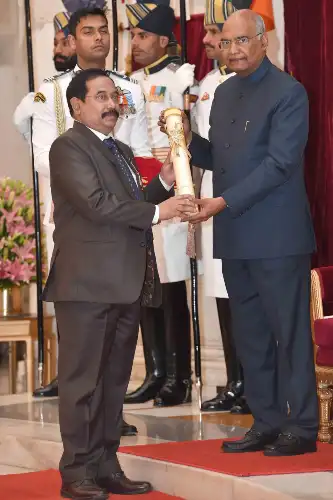
Dr Ilias Ali receiving Padam Shri
Dr Ilias Ali (Surgeon): It was a long-standing demand of the indigenous Muslims of the state. I think this is a big recognition to these five communities that they are sons of the soil. I thank the government, the chief minister in particular, for the initiative.
We often come across news that indigenous people are being subject to harassment as regards their citizenship. Those people also include Muslims. I think this recognition will bail those people out of the unwarranted problems they are facing.
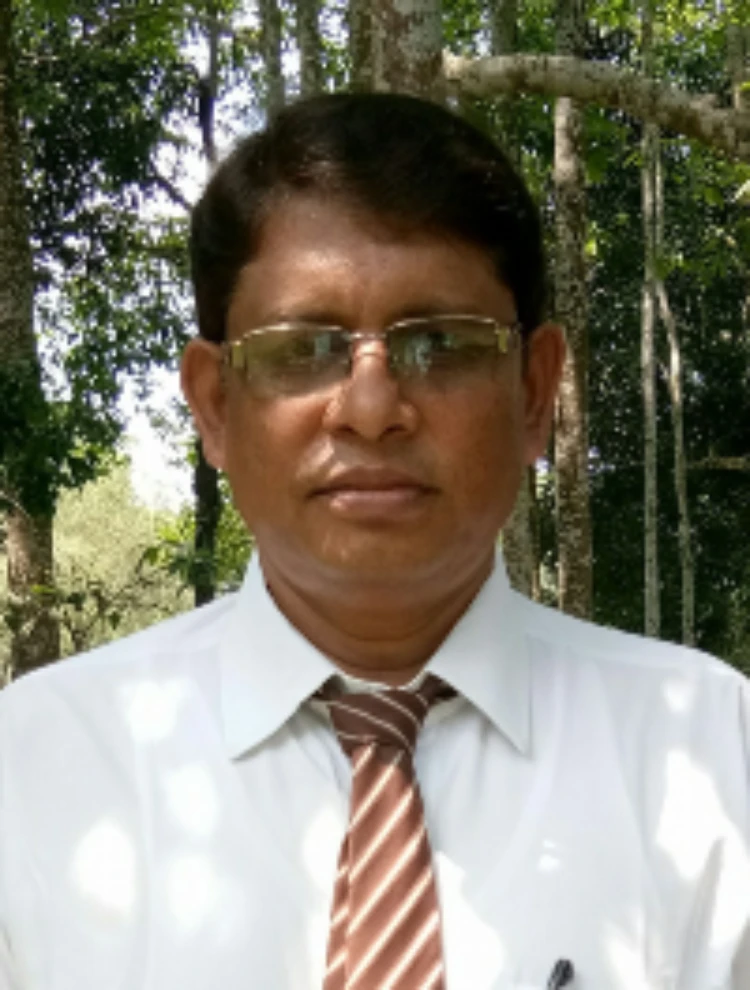 Sheikh Hedayatullah (Academician): We, Deshi Janagosthiya Mancha, welcome the declaration heartily. We thank chief minister Dr Himanta Biswa Sarma for taking this decision in his Cabinet. It is because of similarities in Islamic names that many indigenous Muslims of Assam have been facing social embarrassments like being dropped from NRC, categorised as D voters, being sent to detention camps and so on. This declaration will surely help those people overcome the issues.
Sheikh Hedayatullah (Academician): We, Deshi Janagosthiya Mancha, welcome the declaration heartily. We thank chief minister Dr Himanta Biswa Sarma for taking this decision in his Cabinet. It is because of similarities in Islamic names that many indigenous Muslims of Assam have been facing social embarrassments like being dropped from NRC, categorised as D voters, being sent to detention camps and so on. This declaration will surely help those people overcome the issues.
Keeping in view the apparent goodwill of the Himanta Biswa Sarma government that has made this declaration within one year of rule, we are optimistic that the Deshis will be according to MOBC status in the future and they will be economically empowered.
Nurul Sultan (Filmmaker): I think this decision is one of the greatest in the state. This will empower the womenfolk of these five Assamese-speaking indigenous Muslim groups, apart from ensuring financial development, healthcare services, socio-economic development, cultural development, and preservation of the culture of indigenous Muslims. It will lead to the holistic development of the people of the five communities.
I hope the government of Assam will continue to work toward the development of these indigenous Muslims gradually. The indigenous Muslims have historically played an important role in the Assamese nation-building process and will now contribute to it with renewed enthusiasm.
ALSO READ: Cleanliness warrior Saifi's journey from facing ostracism to being hailed as King
